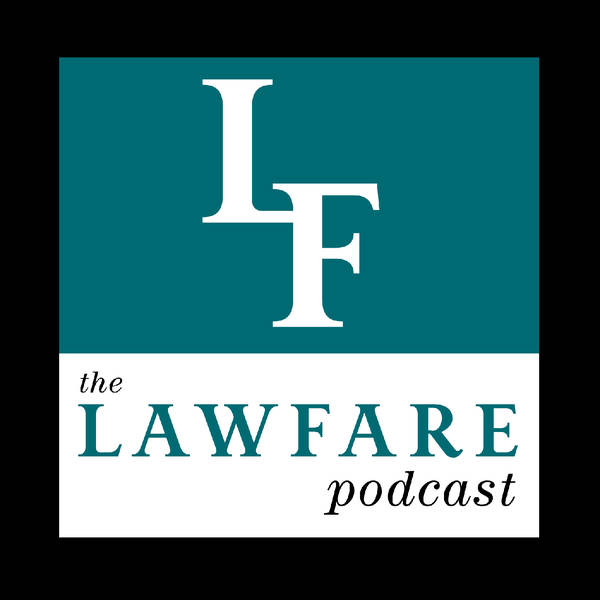
Public Choice Theory and American Foreign Policy
What, if any, theory of international relations best explains U.S. foreign policy outcomes? Why, for example, did President Biden withdraw American forces from Afghanistan, re-engage Iran on the Joint Comprehensive Plan of Action, impose harsher than expected sanctions on Russia, and give more than expected support to Ukraine following the Russian invasion? Jack Goldsmith sat down with Richard Hanania, the president of the Center for the Study of Partisanship and Ideology, whose new book, “Public Choice Theory and the Illusion of Grand Strategy,” seeks to provide answers to these types of questions. They discussed Hanania’s view that academic theories about American grand strategy cannot explain important U.S. foreign policy outcomes, and his argument that these outcomes are better explained by public choice theory, especially by the dominant influences on the presidency of government contractors, the national security bureaucracy, and foreign governments. They also discussed whether realistic complaints about these influences are consistent with realistic premises about how to discern the national interest and the value, if any, of international relations theorizing.
Support this show http://supporter.acast.com/lawfare.
Hosted on Acast. See acast.com/privacy for more information.
